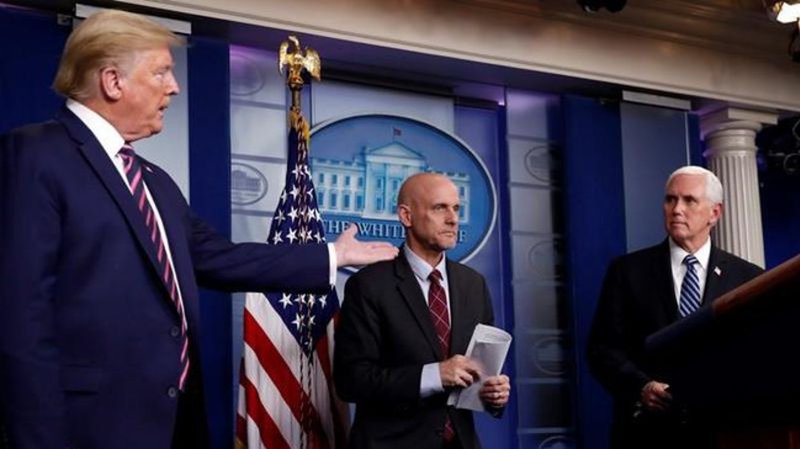
White House threatens FDA chief’s job over vaccine approval
WASHINGTON — White House chief of staff Mark Meadows on Friday pressed Food and Drug Administration chief Stephen Hahn to grant an emergency use authorization for Pfizer’s coronavirus vaccine by the end of the day or face possible firing, two administration officials said.
The vaccine produced by Pfizer Inc. and its German partner BioNTech won a critical endorsement Thursday from an FDA panel of outside advisers, and signoff from the agency — which was expected this weekend — is the next step needed to get the shots to the public.
The FDA is not required to follow the guidance of its advisory committees, but the devastation caused by the virus makes the vaccine’s authorization almost certain.
Meadows spoke to Hahn by telephone Friday, according to a senior administration official who was familiar with the call but was not authorized to discuss private conversations.
